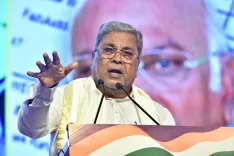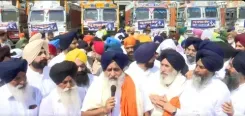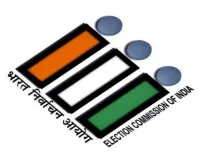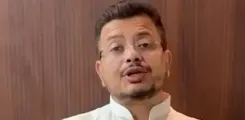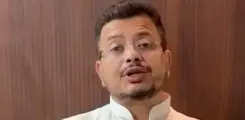Why Are Those Killed or Jailed in Religious Violence Always from Backward Classes? - Siddaramaiah
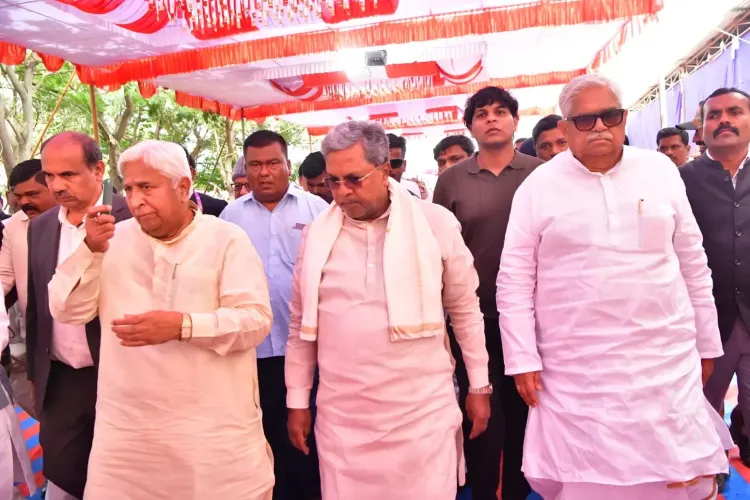
Synopsis
Key Takeaways
- Backward communities face significant challenges in religious conflicts.
- Education is vital for empowerment and social change.
- Active participation in caste surveys is essential.
- Equality cannot exist without dismantling the caste system.
- Progressive education is key to combatting discrimination.
Gadag (Karnataka), Sep 20 (NationPress) Expressing his profound concern, Karnataka Chief Minister Siddaramaiah remarked on Saturday that in the coastal and Mangaluru regions, those incarcerated and perished due to religious conflicts have predominantly belonged to the backward classes.
He raised a critical question about how long the children of these backward castes must continue to be victimized for religious reasons.
Speaking at the inauguration of the Silver Jubilee celebrations for the Taluk Kuruba Association and the state-level Kanakotsava, Siddaramaiah stated that individuals who gain from inequality and caste-based exploitation resist social progress, asserting that such individuals cannot tolerate advancements in education and economy for children from backward homes.
“Thus, in the name of religion and God, it is primarily the children of backward castes who become victims,” he added.
He urged the community not to remain passive and silent in the face of those who sacrifice the youth of their communities in the name of religion.
He reiterated that the mantra of Education – Organisation – Struggle, as advocated by Ambedkar, is crucial for the exploited and backward communities.
“Through education, large-scale organization, and collective struggle, these communities must seize their rightful entitlements,” he stressed.
“As long as the caste system persists, true equality will remain elusive. The pathway to resolution lies in education and organization,” he remarked.
Siddaramaiah also emphasized that education should be progressive, scientific, and rational.
“Even those who identify as educated professionals, like doctors and engineers, often cling to blind beliefs and superstitions. It is frequently the educated who are the most entrenched in casteism, obstructing social progress,” he noted.
“The principles of brotherhood, equality, and tolerance towards other religions are the noble tenets enshrined in our Constitution,” he added, asserting that these values constitute the greatest strength of backward communities.
On the topic of Nada Habba Dusshera, Siddaramaiah mentioned, “We have invited Booker Prize-winning author Banu Mushtaq, who has brought recognition to our state, to inaugurate the festivities. A former MP, who served two terms, opposed this and displayed pettiness. However, the Supreme Court has upheld constitutional values, which I welcome.”
Nada Habba Dussehra is a ten-day festival held in Mysuru, Karnataka, marking the official Dasara festival of the state.
Siddaramaiah urged everyone to actively engage in the upcoming caste survey in the state.
“Every individual must accurately record their caste name, and members of the Kuruba community should specify only 'Kuruba' in the caste column,” he instructed.
As a member of the Kuruba community, Chief Minister Siddaramaiah highlighted the state's accomplishments: “Thanks to the guarantee schemes implemented for individuals across all castes, religions, and political affiliations, Karnataka has ascended to the number one position regarding per capita income. This is clear evidence of the state's economic progress.”
Among the dignitaries present were Ministers H.K. Patil, Legislative Council Chief Whip Saleem Ahmed, MLAs Raghavendra Hitnal and Rakesh Dhawan, along with former ministers, legislators, and community leaders.

